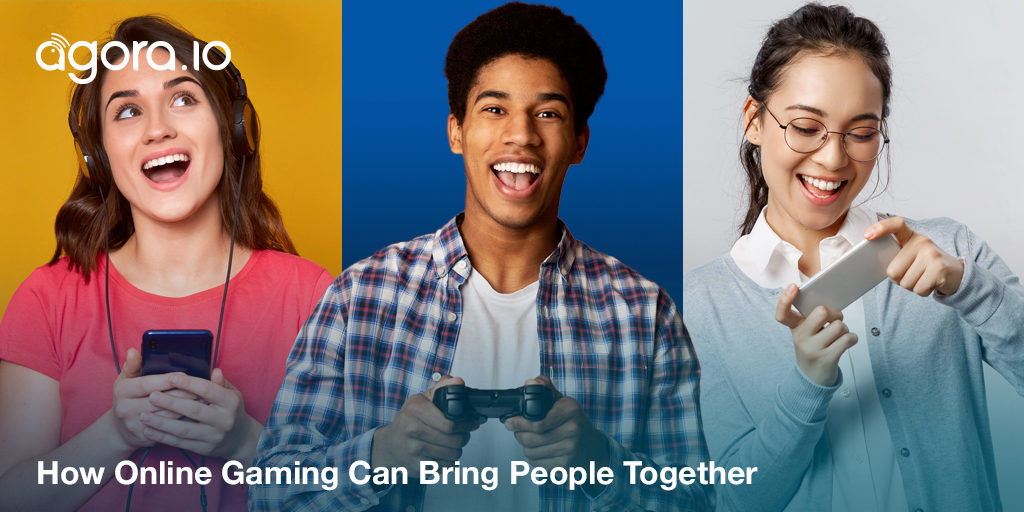
How Online Gaming Can Bring People Together During the COVID-19 Pandemic
Over the past several months, the world has gone indoors, work has gone remote, and students are being taught solely online. People have been staying at home for the most part, only occasionally stepping out to stock up on groceries or exercise. Unlike our typical day-to-day routines, we have a ton of extra time on our hands. While social distancing remains essential in slowing down the spread of the novel coronavirus, it has gotten monotonous and has posed mental health risks associated with limited to no external socialization.
To help cope with boredom and isolation, many young people around the globe have taken to online gaming and video conferencing with their friends. Right now, those who might not have been the most technologically savvy are doing anything that enables them to interact with other human beings.
For instance, Bunch, a US-based live gaming platform, has incorporated real-time video chat into its games – like Draw Party, Pool and Trivia Superhighway – making the experience more fun and interactive for users. In the game We Were Here Together by Total Mayhem Games (Netherlands), players act as two arctic explorers and solve interactive puzzles by communicating over walkie talkie to escape the haunted Castle Rock. Pokerface, an Israeli-based app, allows players to partake in a friendly match of poker with the added benefit of video chat. Changba, a popular karaoke application in China, enables users to pick songs and sing together with subtitles through a karaoke database like Karafun. Singers can adjust the volume and background music, while hosts can also play, pause or skip songs. In India, the traditional karaoke game called Antakshari is played by two or more teams who pick songs to sing based on the last letter the previous team’s song ended on. An online version of this can involve both live voice and video-based interactions.
However, when it comes to the more complex forms of gaming, such as League of Legends, DOTA and PUBG, traditional modes of gameplay have been disrupted by the pandemic. For instance, eSports tournaments are being severely impacted, since the final legs of these competitions are usually live and in-person. Such tournaments also require enormous amounts of internet usage since multiple screens are being streamed at the same time. But, with millions working and schooling from home, connectivity and stability issues are bound to occur.
Another online gaming category that has taken a blow is fantasy sports. With real sports such as the NBA, NHL and IPL being cancelled or postponed, betting, prediction and competition are out of the picture. Since many folks can spend the extra money on leisure activities like a Fantasy Football League, many are finding that the excitement and fun has been sucked out of the experience.
Something that could help fantasy sports get back on the map is having players and fans engage in live streamed debates about why their choice of players trump the others. These virtual events could reach hundreds of thousands of audience members. As they sit-in, listen, and rate the users based on their skills, they could reward debaters by giving them points and pushing them up the leaderboard.
With real life social interaction being highly limited for an indefinite period of time globally, there is massive potential for online gaming to boom during this period. Enabling users to interact with each other smoothly is the need of the hour, with live voice and video communication being the best ways to do so. The key is to do this without compromising on app and game security needs, while also keeping users and their data safe.

